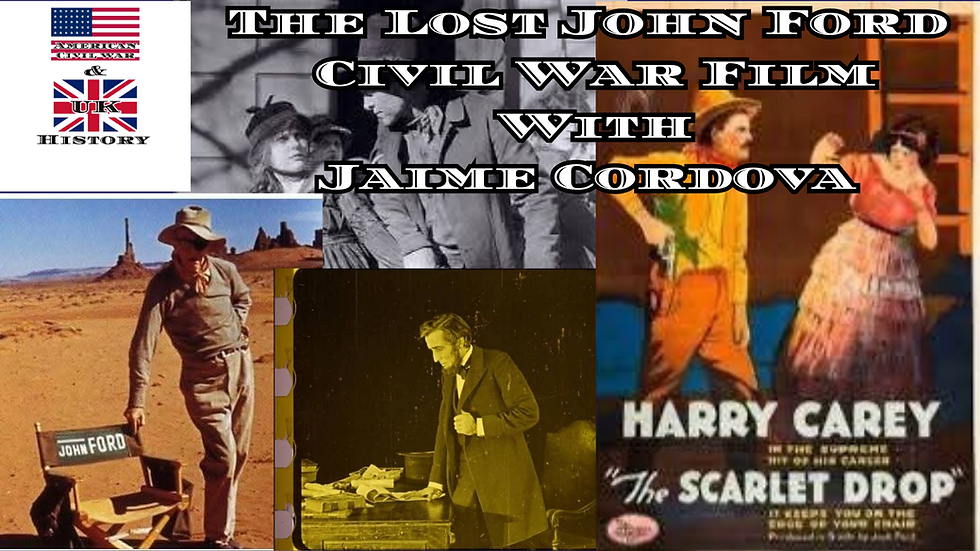Who was Responsible for Tactics? “I can no longer obey; I have tasted command, and I cannot give it up.” -Napoleon Bonaparte Happy Saturday
- darrenscivilwarpag8
- Jan 25
- 3 min read

I was happy to see the Chiefs win against the Texans, but I was more impressed to see the Washington Commanders beat the Lions. I predict whoever wins the AFC Championship game will win the Super Bowl. The next game for the Chiefs will be the most difficult of the season, regardless of whether they play the Ravens or the Bills. I would like to see the Bills in the AFC Championship so that the Chiefs can redeem themselves with the one loss they have from this season. The time will come soon enough.
This week, I reflected on Gordon Rhea's Overland Campaign series after flipping through a few pages for a reference to a piece I was writing. I gathered two takeaways from Rhea's series of books. The first is that Rhea's book on Cold Harbor inspired me to write about the battle for my dissertation because my takeaway from his book was that Cold Harbor was an operational Union victory. Yet, when I speak to others about Rhea's writing, they do not get the same interpretation. I find it interesting because after my manuscript was rejected by an academic press, it was because my dissertation was unoriginal since Gordon Rhea argued the same idea. I went further than Rhea, arguing that the battle was also a tactical stalemate. Rhea would disagree with that, but in Rhea's last book, he takes the time to answer who performed better in the Overland Campaign, Grant or Lee.

He said that Lee overshadows Grant tactically, but not by much. Yet, it was Grant who proved to be a better strategist and operational general. The public largely accepts this interpretation, seeing that Grant won the war. It was not until yesterday that I thought about what Rhea said; how can we measure Grant's role at the tactical level when that was not a part of his job description? Meade was still the commander of the Army of the Potomac and made many more decisions at the tactical level of war than Grant. The General-in-Chief became involved in minuscule affairs when that did not fall under his job description or played the role of army general for the Ninth Corps, but Lee was the commander of the Army of Northern Virginia. Therefore, he will make more tactical decisions than Grant.
This thinking is not an excuse to say that Grant was imperfect at the lowest level of war but to think twice about measuring this outcome. When Grant did make tactical decisions, it seemed to have gone well, whether it was the attack on 6 May, the assault on the Mule Shoe, holding the Old Cold Harbor Crossroads, or reforming defensive lines after the 3 June attack. He faltered at times, such as during the attacks on 9-10 May and 18 May, as well as during the division of his army at North Anna. Lee had the same faults: his deployment at the Wilderness was poor, his decision to let Ewell hold the Mule Shoe, misreading Grant's objective at North Anna, and the multiple occasions he let Grant slide past his army. It is hard to say that Lee was better at the tactical level when they each made their fair share of mistakes, and Grant seemed to perform better by slim margins. It won't be easy to determine a clear answer, but it is essential to ask what Grant and Meade were responsible for in the Virginia Campaign







Comments